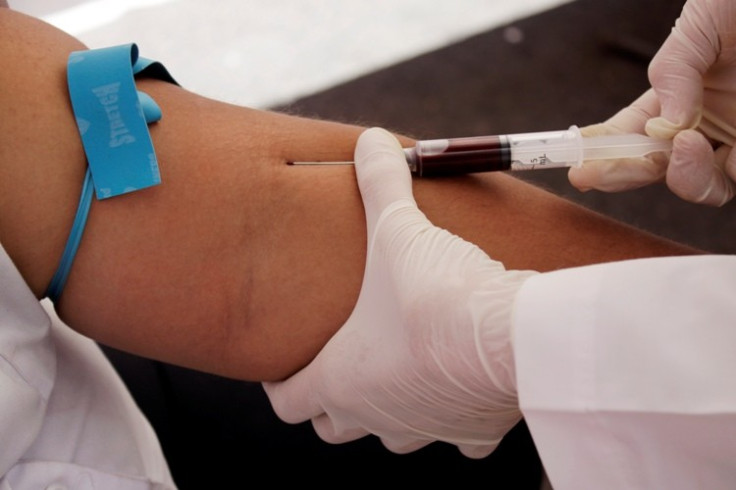Revolutionary universal cancer test breakthrough excites medical experts
John Hopkins cancerest was almost 100% accurate in scanning for ovarian cancer,

Scientists at a university in the US have made a breakthrough that could revolutionise the way cancer is diagnosed.
A team at the Johns Hopkins University in Baltimore, Maryland, has been trialling a blood test that could act as a universal method for cancer diagnosis.
The scientists said that their test was aimed at detecting eight different and common forms of the deadly disease.
The blood test, called CancerSEEK hunts for both the mutated DNA and the affected proteins in the body.
The test is now being trialled on people who have no formal cancer diagnosis. If it succeeds it would mark a major step for the check-up to be rolled out.
Dr Cristian Tomasetti, from Johns Hopkins University School of Medicine, said: "This field of early detection is critical, and the results are very exciting.
"I think this can have an enormous impact on cancer mortality.
"A novelty of our classification method is that it combines the probability of observing various DNA mutations together with the levels of several proteins in order to make the final call."
Details of the test which were published in the Science journal, found that the scan had varying degrees of success.
On average it was able to successfully identify cancer 70% of the time, with these results varying based on the strain of the disease.
It was only able to find 33% of breast cancer cases but had an accuracy rate of 98% when detecting ovarian cancer.
The test looked at 1,005 patients with cancers of the ovary, liver, stomach, pancreas, esophagus, colorectum, lung or breast.
CancerSEEK costs around £360 per patient, roughly the same price of a colonoscopy.




















